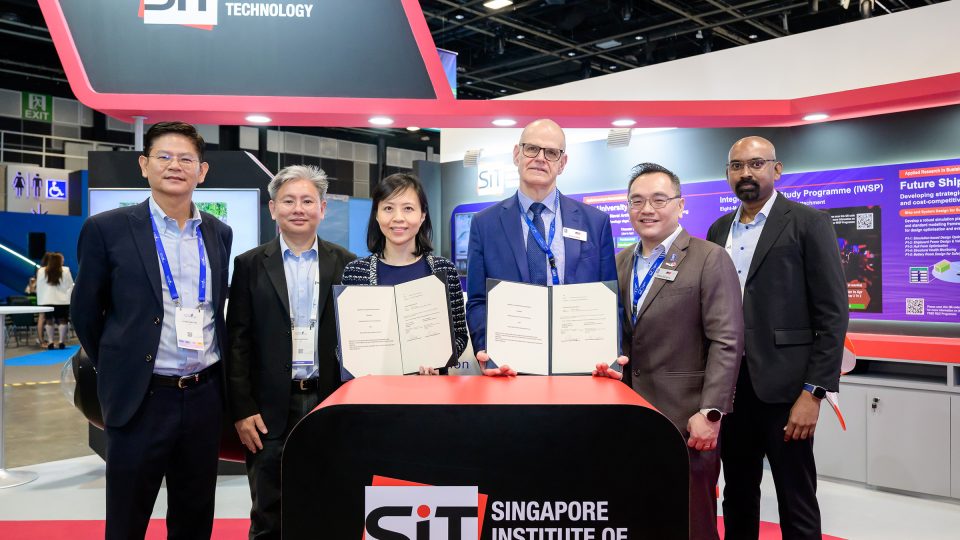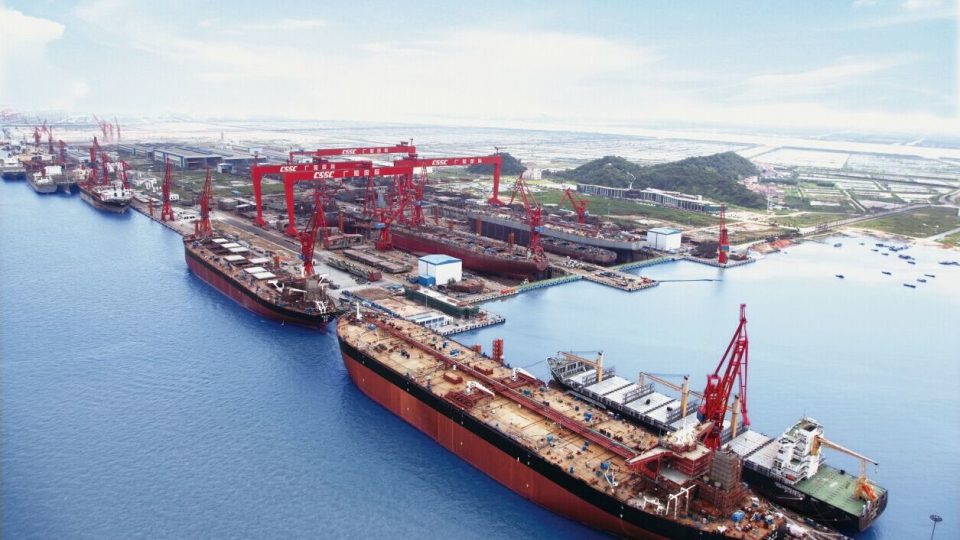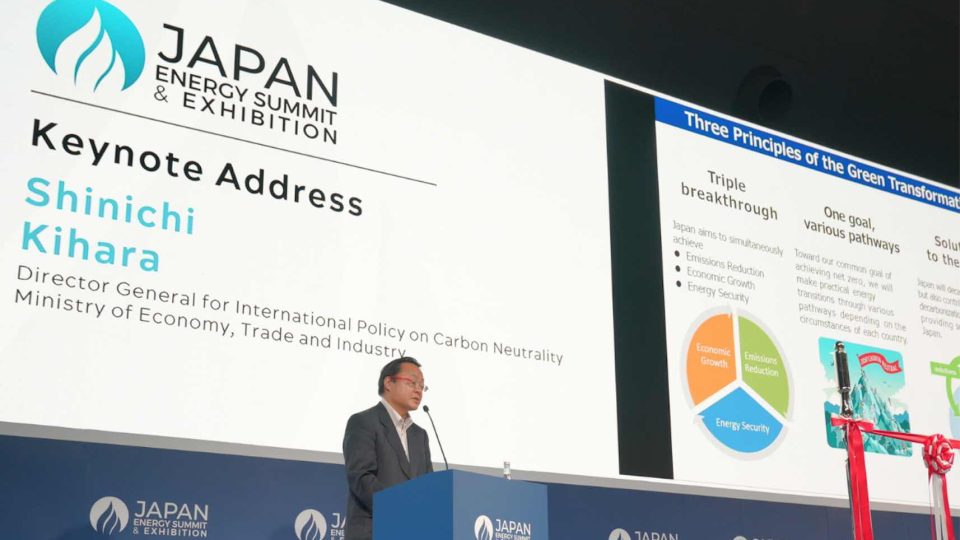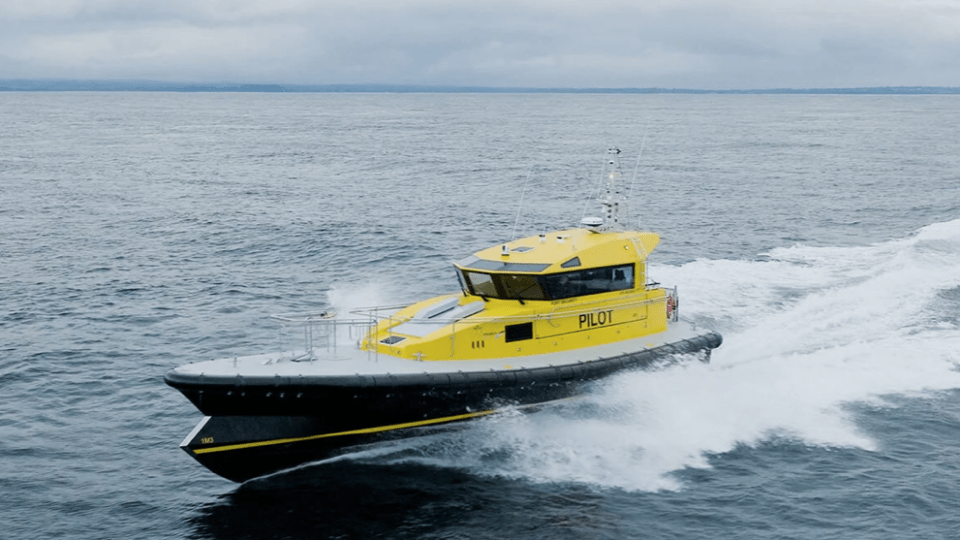Rolls-Royce, Woodward L’Orange and WTZ develop methanol engine
Rolls-Royce, Woodward L’Orange and WTZ Roßlau have been working since the beginning of 2023 on a joint project. By the end of 2025, the three partners will develop a concept for a high-speed internal combustion engine for ships that can run on green methanol in a CO2-neutral manner.
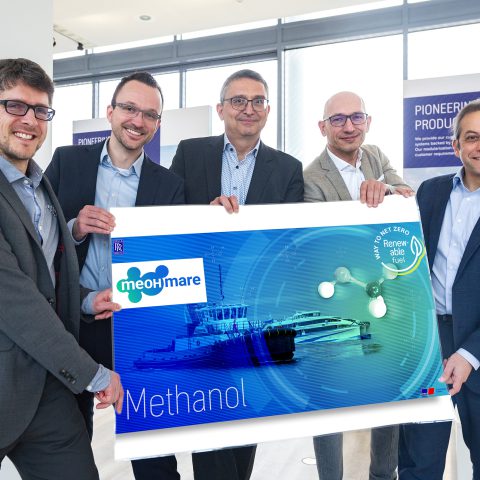
Rolls-Royce, Woodward L’Orange and WTZ Roßlau have been working since the beginning of 2023 on the new joint project “MeOHmare”, which is receiving eight million euros in funding from the German Federal Ministry of Economics and Climate Protection. They have now confirmed their goals at a kick-off meeting in Friedrichshafen: by the end of 2025, the three partners will develop a concept for a high-speed internal combustion engine for ships that can run on green methanol in a CO2-neutral manner.
Daniel Chatterjee, responsible for technology strategy and sustainability at alliance coordinator Rolls-Royce Power Systems, said: “We are grateful for the funding and are convinced that with this experienced alliance of engine manufacturer, injection system supplier and research institute, we will successfully get the methanol engine on the water.”
Dieter Janecek, maritime coordinator for the German government, said at the kick-off meeting: “Decarbonization in shipping is a very big concern for us. We see great opportunities for new marine propulsion technologies and sustainable fuels, such as methanol, so we want to support the market ramp-up.”
Rolls-Royce: why methanol as fuel for future ships?
If methanol is produced using the so-called power-to-X process, CO2-neutral operation is possible. By means of electrolysis and by using electricity from renewable sources, green hydrogen is produced. This hydrogen can be further processed into so-called e-methanol by synthesis, with the addition of CO2 from the air. Daniel Chatterjee said: “We see methanol as the future fuel for ships. It is a fuel that is already used in the chemical industry and will be produced green in the future.”
The German Federal Ministry of Economics and Climate Protection promotes the development within the framework of the “Maritime Research Program” and thus supports the expansion of innovative products in future fields of shipbuilding, the offshore industry and marine technology. The funding program, with an annual funding volume of around 60 million euros, strengthens the innovative power of the maritime sector in international competition and promotes the protection of the climate and the environment. At the same time, highly qualified jobs are secured in Germany.
Fundamental new developments necessary
Methanol, a new fuel for shipping, requires significant changes to the engine concept. Mathias Müller, project manager at Rolls-Royce Power Systems and MeOHmare’s project coordinator, explained: “The focus of development activities is on redesigning the combustion process with fuel system, turbocharging and engine control as well as all fuel-interacting engine subsystems.”
Woodward L’Orange, the Stuttgart-based manufacturer of injection systems for large engines, will completely redevelop the high-performance injection systems in the project. Michael Willmann, Director Technology at Woodward L’Orange, said: “So far, there are no production-ready injection systems for high-speed methanol marine engines. Methanol is a challenging fuel due to its properties. That’s why new materials and injector concepts have to be introduced.”
The non-profit research institution Wissenschaftlich-Technisches Zentrum Roßlau (WTZ Roßlau gGmbH) will be responsible for setting up a methanol endurance test rig, testing injection components and developing a methanol feed pump as part of the alliance. Christian Reiser, CEO at WTZ Roßlau, explained: “With this project, we are laying the foundation for the establishment of a test center for the validation of injection systems with alternative fuels.”Rolls-Royce’s business unit Power Systems will develop an engine concept based on the mtu Series 4000 that will be designed for low-emission, CO2-neutral and economical operation of ships with methanol. Climate and environmental friendliness as well as the highest possible power density of the propulsion system are the particular focus of the development.




